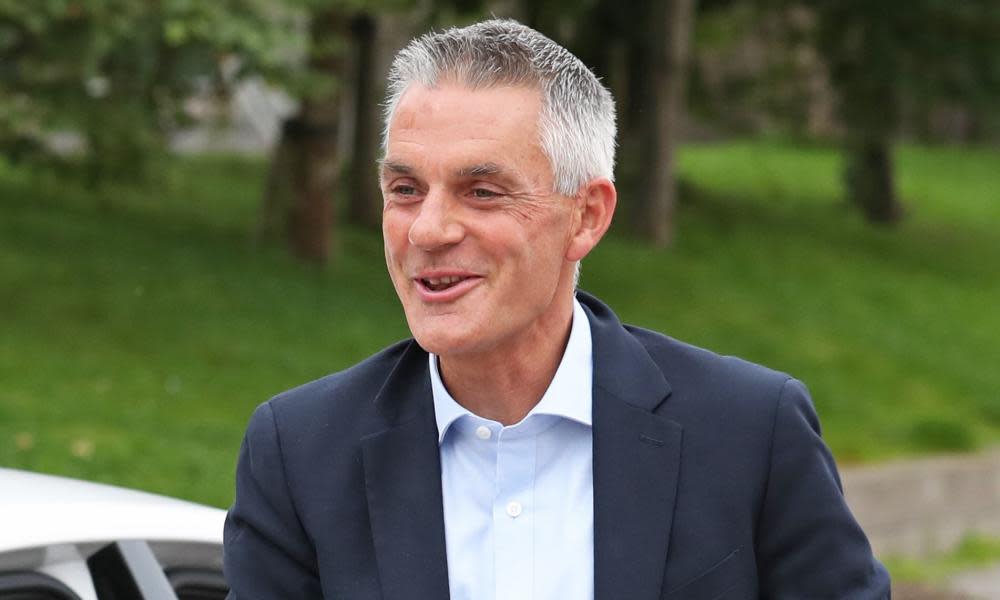BBC journalists told not to 'virtue signal' in social media crackdown

BBC journalists have been told to avoid any online “virtual signalling” that could indicate a personal political view, as part of a crackdown on their social media accounts.
The rules announced on Thursday explicitly state that all BBC employees’ social media accounts – even if labelled as a personal account – should be considered to be subject to public scrutiny.
Staff working in the BBC’s news division have been told to avoid expressing a view on any policy that is a matter of current political debate, or publicly supporting campaigns “no matter how apparently worthy the cause or how much their message appears to be accepted or uncontroversial”.
The term “virtue signalling” was first defined in an article in the Spectator magazine in 2015 to criticise people who say or write things to make clear they are “admirably non-racist, left-wing or open-minded” without actually doing anything to change the world.
Related: BBC must serve all audiences, says new boss Tim Davie
The rules, which reiterate a requirement not to publicly criticise fellow BBC employees, have been introduced by the new director general, Tim Davie. He is attempting to reduce accusations of political bias against the BBC at a time when it is under attack from the Conservative government and rightwing media outlets.
All BBC employees have been told to stop getting into unnecessary arguments online and warned that building their “personal brand” on social media is secondary to their responsibility as an employee of the BBC.
The rules were drawn up by Richard Sambrook, a former director of global news at the BBC, now a professor of journalism at Cardiff University.
BBC journalists have also been warned to avoid attending most protest marches, even in a personal capacity, to avoid the perception of bias.
While many of the rules will apply to all BBC employees, including freelance staff, some of the tougher guidelines only apply to staff in news-related jobs. However, the Match of the Day host, Gary Lineker – who regularly debates Brexit and the state of the current government on Twitter – is likely to face new restrictions as part of a new category of high-profile presenters with “additional responsibility to the BBC because of their profile on the BBC”.
“We expect these individuals to avoid taking sides on party political issues or political controversies and to take care when addressing public policy matters,” the corporation said.
In addition, the BBC announced that all journalists and news presenters will be required to seek written permission before taking on any new public speaking or external writing commitment.
The BBC will publish a quarterly list of all the external commitments of on-air presenters and senior management. This list will show whether a fee was above or below £5,000, providing the public with an insight into how the corporation’s presenters earn extra money.
Some leading on-air stars earn substantial sums from corporate events and awards shows, with many privately saying it compensates for the relatively lower salaries they receive by working for the public broadcaster rather than its commercial rivals.
This has caused problems for the corporation, with recent negative coverage of the BBC’s North America editor, Jon Sopel, giving a paid speech to the tobacco company Philip Morris International; the BBC Breakfast host Naga Munchetty working for Aston Martin during the lockdown; and the BBC News editorial director earning £12,000 for a speech to an investment company.
Although the pay declaration policy will apply to individuals involved in the BBC’s sports news output, it will not apply to its sports presenters.

 Yahoo News
Yahoo News 
